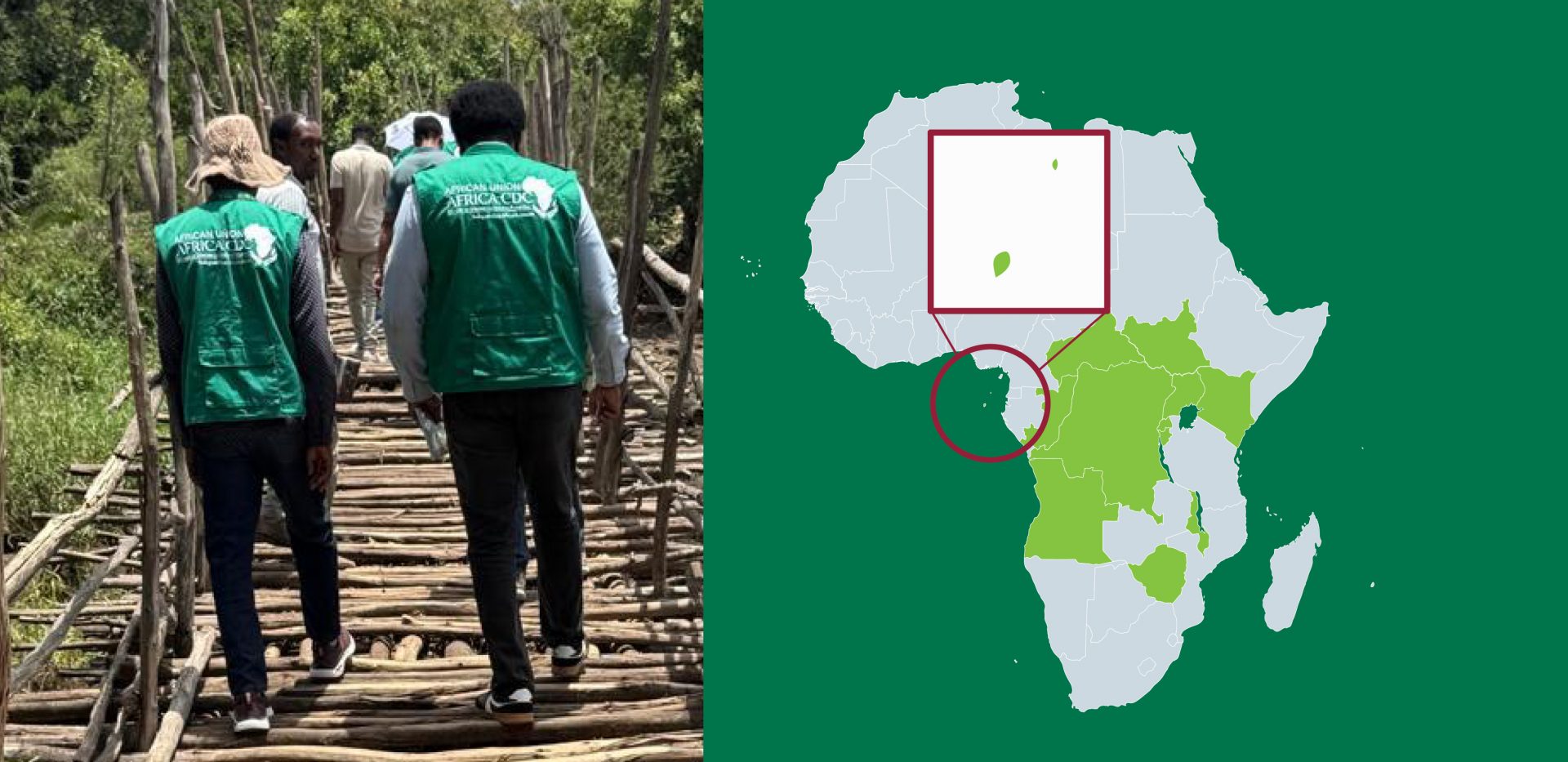Beyond Remittances: How the African Diaspora is Transforming the Continent Through Investment and Innovation
By Evelyn Dan Epelle
F.C.T, Abuja — In 2025, the African Diaspora Investment Symposium (ADIS25) will celebrate a decade of convening Africa’s changemakers, innovators, and investors from across the globe. This year’s theme, “Beyond Remittances: The Evolving Role of Africans in the Diaspora in Unlocking Transformational Investments,” signals a powerful shift from transactional support to strategic, long-term collaboration—one that is already leaving an indelible mark on the continent.
Hosted by the African Diaspora Network (ADN) at George Washington University from May 28–30, ADIS25 offers more than a milestone celebration; it presents a compelling opportunity to reexamine how diaspora convenings are shaping Africa’s future, not just symbolically, but through tangible, measurable outcomes.
But while remittances help meet immediate needs like school fees, medical bills, and daily expenses, they often fail to generate the structural economic growth needed to address Africa’s long-term challenges. What ADIS25 rightly acknowledges is that Africans in the diaspora are not just senders of money; they are builders of ecosystems. Through convenings like ADIS, the diaspora is emerging as a vanguard for investment-led development and innovation on the continent.
Since its founding in 2010, ADN has grown into a trusted convener with a global network of over 15,000 changemakers, 3,400+ event participants from more than 100 countries, and 68 strategic ecosystem partnerships. These numbers point to lives changed, companies launched, and policies influenced.
Consider the case of Chipper Cash, co-founded by Ugandan entrepreneur Ham Serunjogi, who will speak at ADIS25. What began as a diaspora-driven solution to cross-border payments has grown into one of Africa’s fastest-growing fintech platforms, valued at over $2 billion and used in countries like Nigeria, Ghana, and South Africa. Serunjogi’s story reflects a broader pattern: diaspora entrepreneurs returning with capital, skills, and global networks to fill critical market gaps on the continent.
Another example is Rahama Wright, founder of Yeleen Beauty, a U.S.-based company sourcing shea butter from women-led cooperatives in West Africa. Her participation in ADIS and other diaspora forums has helped scale her impact from artisanal production to an international supply chain that empowers thousands of rural women with sustainable livelihoods. These are not acts of charity—they are strategic investments with ripple effects across entire communities.

Diaspora engagement extends beyond entrepreneurship into the realm of policy advocacy and institutional reform. The presence of Dr. Abike Dabiri-Erewa, Chairman/CEO of the Nigerians in Diaspora Commission (NiDCOM), at ADIS25 highlights growing recognition by African governments of the diaspora as a key constituency. NiDCOM’s Diaspora Investment Summit and diaspora bonds are examples of efforts to harness this potential systematically.
Similarly, the role of diaspora scholars like Dr. Gebisa Ejeta, a World Food Prize laureate and professor at Purdue University, underscores the importance of intellectual capital. Through collaborative research and knowledge exchange, diaspora academics are helping African universities develop homegrown solutions to complex challenges like food insecurity, climate adaptation, and youth unemployment.
As the global economy recalibrates in the wake of climate crises, geopolitical instability, and digital transformation, Africa stands at a crossroads. Its population will double by 2050, with 70% under the age of 30. This demographic boom represents either a dividend or a disaster, depending on the continent’s ability to generate inclusive economic growth.
The African Union’s 2022 Diaspora Engagement Framework estimates that there are over 160 million people of African descent living outside the continent. If just 1% of that population invested $1,000 annually into Africa-focused ventures, it would generate $1.6 billion per year—funds that could be directed toward climate-resilient infrastructure, SME financing, education, and healthcare.
According to a McKinsey & Company study, Africa’s entrepreneurs face a $330 billion annual financing gap. Diaspora venture funds, angel investor networks, and philanthropic capital are already beginning to close this gap. Initiatives like the African Diaspora Investment Fund, ADN Builders of Africa’s Future, and partnerships with the W.K. Kellogg Foundation and Lever for Change demonstrate how convenings like ADIS translate into actionable financing pathways.
Diaspora engagement will be critical in tipping the scale toward prosperity. But this engagement must evolve from sporadic remittances to structured investment vehicles; from inspiration to institution-building. Events like ADIS25 provide the blueprint for this transformation, aligning diasporic passion with pragmatic strategy. The opportunity now is to institutionalize what ADIS has pioneered: diaspora investment funds, public-private partnerships, youth mentorship platforms, policy dialogues, and co-creation labs. These are the building blocks of a new era in Africa’s development journey—one in which Africans at home and abroad rise together.
This is a call to African professionals, entrepreneurs, scholars, and policymakers across the globe. Register to attend ADIS25: Come with your ideas. Come with your capital. Come with your commitment.
Beyond remittances lies a continent waiting to be transformed, and the African diaspora can make it happen.
–
Evelyn Dan Epelle is a Public Affairs Advisor at Baobab Consulting, an ADIS25 Premiere Media Partner. For enquiries, email [email protected]








